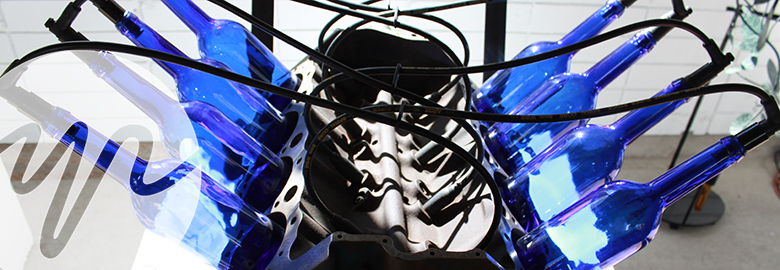Cheating in the Digital Age
My parents always tell me that when it comes to school, I have it a lot easier than they did.…

Your source for youth perspectives on the environment, science, technology, and engineering.
This material is based upon work supported by the National Science Foundation under Grant No. DRL-1513282 and Grant No. DRL-1614239.
Any opinions, findings, and conclusions or recommendations expressed in this material are those of the author(s) and do not necessarily reflect the views of the National Science Foundation.
My parents always tell me that when it comes to school, I have it a lot easier than they did.…
Want to know what kind of pictures young people are really sharing on Snapchat? Just ask them.
A couple months ago, my friend told me about a new photo sharing app called Snapchat. I downloaded it, added my friend, and soon I got a notification that I had received my first Snapchat. I opened it up, and saw my friend, Shae, giving me the McKayla Maroney “not impressed” look. Then the photo vanished.
A group of twenty six states, including California, released new K-12 science education standards this week, called The Next Generation Science Standards.
Two big takeaways include: tackling controversial issues to “combat widespread scientific ignorance,” and emphasizing scientific and engineering practices (instead of just skills) — like planning and carrying out investigations, and engaging in argument from evidence.
Jack Andraka is not your ordinary teenager. Instead of hanging out with friends or watching TV, Andraka prefers working in…
Kate Stone has advanced some futuristic technology, turning simple construction paper into turntables that actually play music.
Youth Radio and Turnstyle had the honor of hosting this inventor who wants to change the way we think about electronics. It’s awe-inspiring to watch Stone’s as-yet-unnamed creation in action: you touch your simulated turntables on a piece of paper, and you’re controlling the DJ app on the iPad sitting five feet away from you. Every function that’s available on an analog turntable, including blending songs and scratching records, is also possible with Stone’s technology.
I met my first drone playing Call Of Duty: Black Ops. In the game, you can control one of these unmanned flying vehicles to hover and fire missiles to destroy enemy territory. In real life we also associate drones with death from above. The news constantly reminds us of their destructive power, but at a recent Brains and Beakers, Youth Radio’s science-speaker series, Chris Anderson demonstrated how drones can be constructive too.
After school and evening are crunch time for most families. It’s when crucial decisions get made that affect kids’ fitness and weight—and that includes snacks. According to a poll done by the Robert Wood Johnson Foundation, the Harvard School of Public Health and NPR, most parents believe their children are eating healthy.
Students from Redwood High School in Redwood City, Calif. collaborated with teacher/musician Tom McFadden to make a rap music video that teaches a science lesson.
Could video games save the environment? Maybe with the right video game, and that’s what Greg Niemeyer is trying to build. Niemeyer specializes in digital art, and his most recent work focuses on games that seek and support cultural change. He’s an assistant professor for new media at UC Berkeley, and presented at the last Brains and Beakers event, Youth Radio’s quarterly science lecture series.